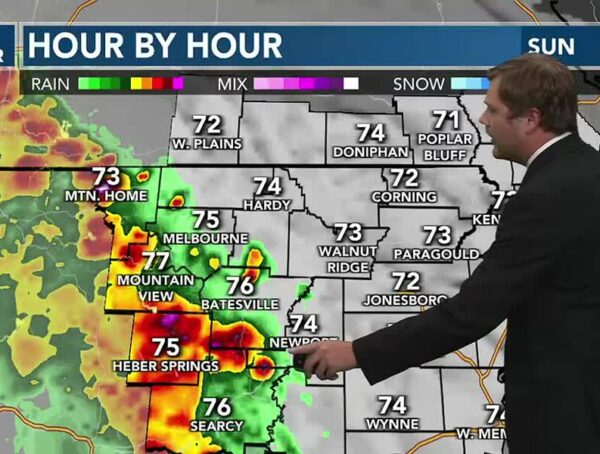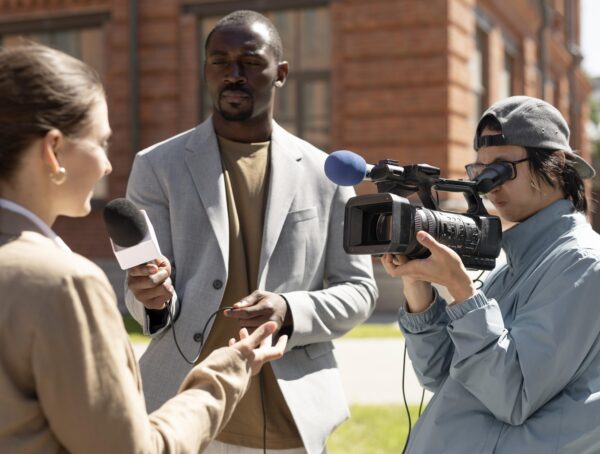Better late than never certainly applies when it comes to developing an election night (and post-election) plan, according to reporters who have done this work for years.
“Every news director should have some type of election plan in place. It’s important that you review that and know your state election laws. Every state is different, and you don’t want to get caught off guard on election night.” said Mary Green, the South Carolina State House reporter for WIS-TV in Columbia.
And it’s not just newsrooms that need a plan. First-time election reporters are often assigned to focus on a single race or candidate and they need to prepare for that coverage.
“You need to know your candidate. Get their cellphone number, know if they’ve got a campaign manager, and where their election night headquarters is,” Green said. “It’s also critical to understand the candidate’s background. You want to have interesting facts about them ready—something to fill time when you’re live and waiting for results.”
Green said the time to start prepping is now.
“The sooner you start building those relationships with your candidate or their campaign staff, the better. You don’t want to be calling them for the first time on election night, trying to figure out where their watch party is or who to interview.”
She said reporters should also be asking their managers now what’s expected from them on election night.
“You want to have a good idea of how often your station wants to come to you for updates. Is it every half hour? That helps you pace your interviews and scripts,” she said.
Nicole Carros, a former anchor/reporter for KCRG-TV9 in Cedar Rapids, Iowa, is now a recruiter for Gray Television. She has been through decades of election nights.
“Anything can happen, and you need to be flexible. You’ll be adjusting scripts on the fly as new numbers come in and you’ll need multiple scripts for different scenarios,” Carros said. “As a reporter, you get tired of saying the same things, and certainly, your viewers don’t want to hear it either.”
To keep the audience engaged, you’ll need to do some planning, according to Carros.
“Two years ago, during the gubernatorial election, I covered the governor and his opponent at various campaign events, and I could vary my hits by focusing on different angles: one on what the governor accomplished over the past seven years, another on his plans for the next term, and a final one on what his re-election would mean historically—he became the longest-serving governor in South Carolina.”
Though election day coverage is always a bit more challenging, some standard rules do apply.
“Make sure your camera gear is ready. Check your equipment the day before and again on election day—batteries, memory cards, everything,” said Carros. She also noted that reporters should have a backup plan, such as downloading apps that can be used for live shots if traditional equipment fails.
Green said that social media platforms are another critical component of election night coverage.
“I can’t stress this enough: you need to be very active on social media. From early in the day—maybe when the candidate heads to the polls—to the end of the night, keep posting,” Green added.
When the night is over, the work doesn’t stop.
“After the election, double-check your results because things can change overnight. Look for community reactions, fact-check your candidate’s plans, and be prepared for follow-up stories the next day,” Carros said.
While election night may seem overwhelming, the reporters agreed that preparation, flexibility, strong communication, and sources can make all the difference. “It’s going to be busy, but it’s also an exciting opportunity to show what you’re capable of,” Green said.








